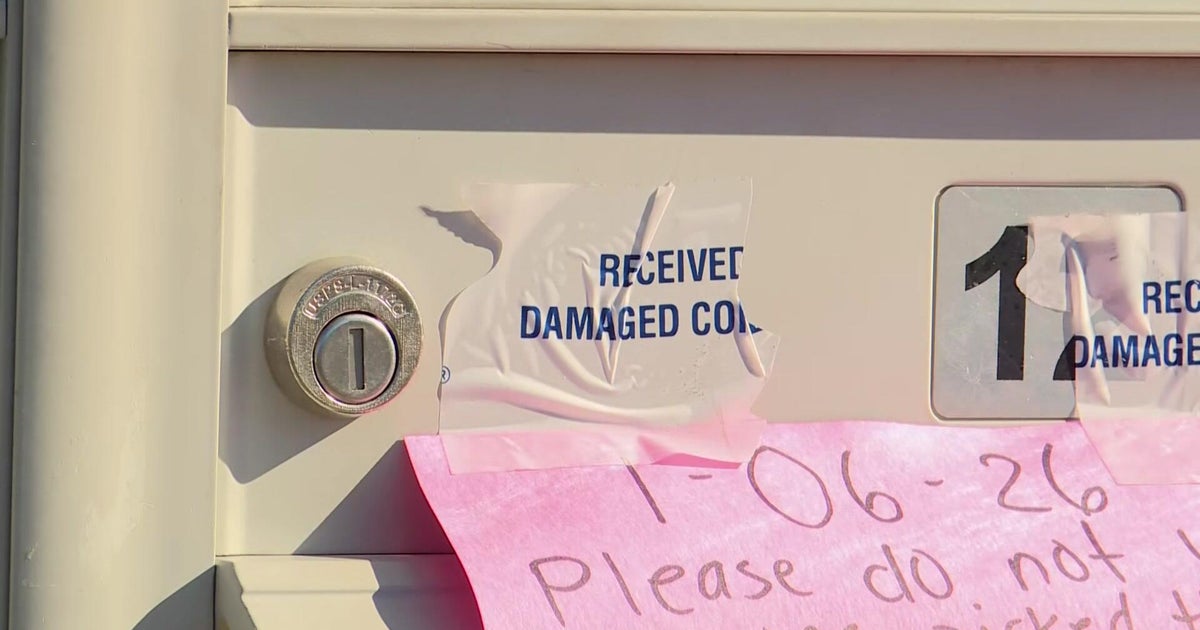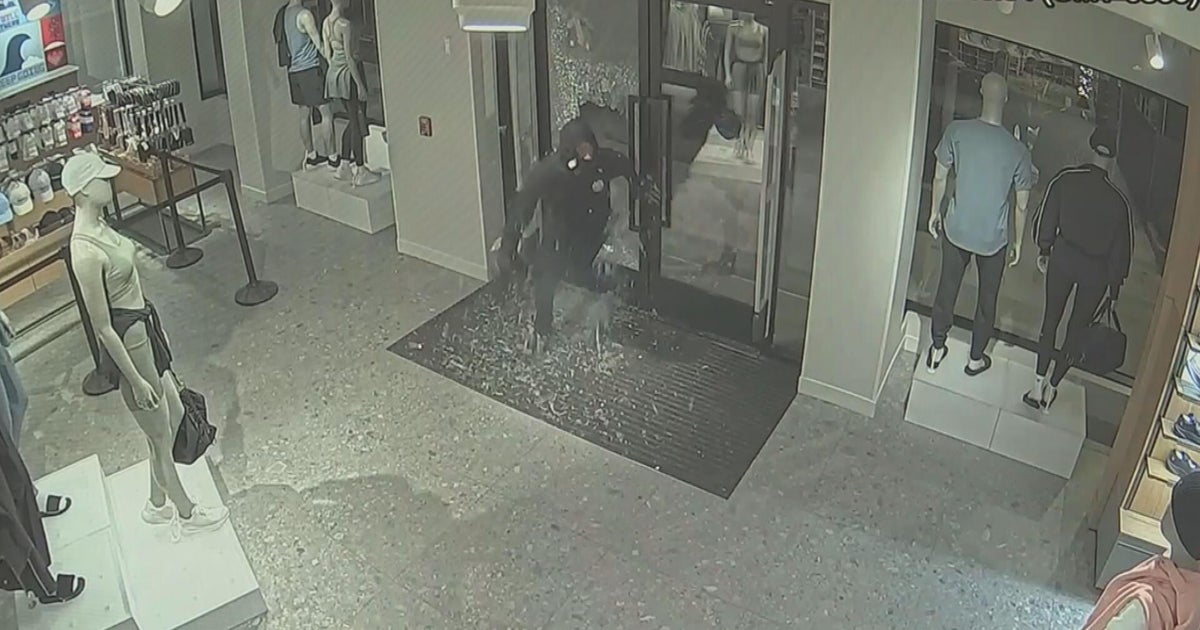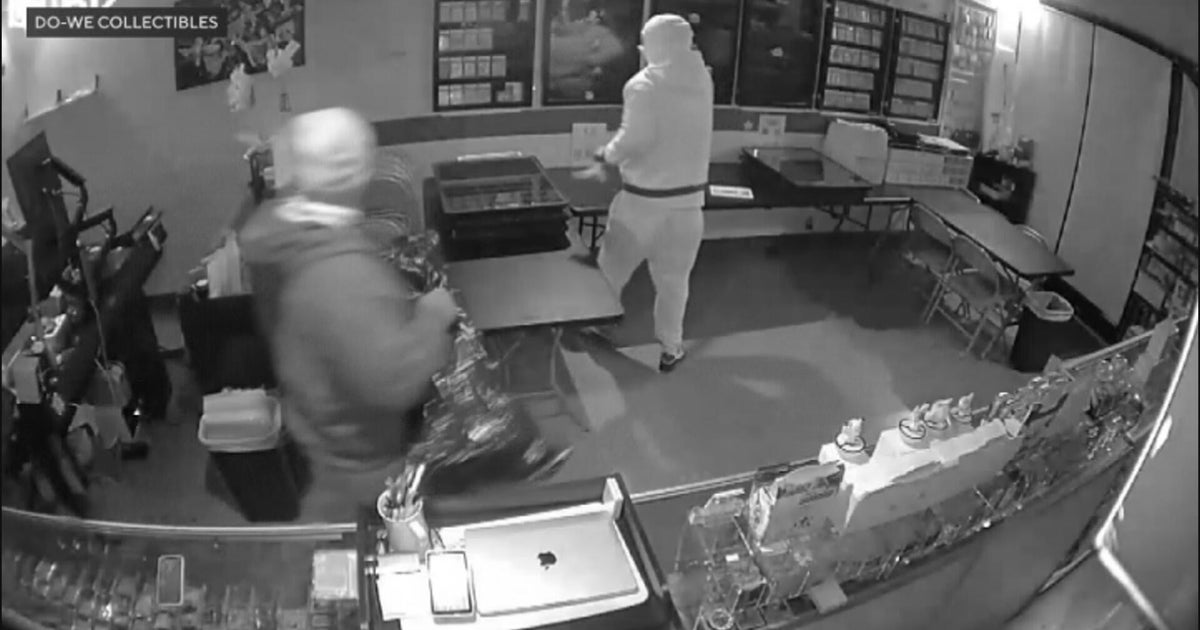Auto buyer beware: Different kind of identity theft impacting North Texas
DALLAS - Auto buyer beware! There's a different kind of identity theft in North Texas.
Thieves are not stealing a victim's identity. They're stealing a vehicle's identity.
The I-Team had spent months digging into auto thefts when this phenomenon surfaced.
"In my career in auto theft I've never seen it as high as it is now," said Detective Walter Clifton, who walked around the field office of the North Texas Auto Theft Task Force where a team of detectives focus on vehicle thefts, burglaries, and insurance fraud.
Every Thursday, the task force offers vin verifications. People who need to get a title for their vehicle bring it to a lot for an inspection, so detectives can make sure it's not stolen.
"Everything appears to match on that one," he said pointing to a truck parked on the lot. "We'll be able to sign off and approve that one."
While most vehicles pass the test, some owners are not so lucky.
"This (one) was brought it to us for an inspection" said Clifton looking at a 2022 GMC. "He (the owner) paid $35,000 on Facebook for it… and it had fictitious labels all over it... Fictitious title!"
The detective said vehicle identity theft is one of the most popular auto crimes lately. Criminals will steal a car or truck, and then the look for a similar one for sale.
"They'll go to the internet. Look at a dealership or auction and look for the same type of vehicle and they want that vin number."
He said they put the real information on fake stickers, and then sell car or truck online.
"You're putting your faith in a number that the criminals are manipulating," said Tarrant County Regional Auto Crimes Task Force Captain Matt Pederson.
He said his team is seeing the same problem. People are buying vehicles on social media with no idea they've been stolen.
"They feel like if the document matches the number on the dashboard," he explained. "…then they're good to go and unfortunately that's just not the case."
Both detectives said buyers are too trusting and hand over bundles of cash before doing homework on the vehicle and the seller.
"The suspects set up a meeting with them where they know there's not going to be a lot of chances of us getting video of them," said Clifton.
In some cases, they said the counterfeit paperwork is so convincing, the buyers don't realize there's a problem until they come to the inspection lots.
"I feel bad for them, and I hurt for them," said Clifton who hates telling new buyers that their vehicles are stolen. "…but all the information they get, they say, 'Well, I got his driver's license picture right here.' It's a fake driver's license, so I'm chasing a ghost. I don't know who I'm looking for."
The detectives said if you are buying a vehicle through social media, you should meet the seller at your local police department or at one of the vin verification sites so the documents can be examined by professionals.
If the seller is unwilling to do that, it may be a red flag that something isn't right.







